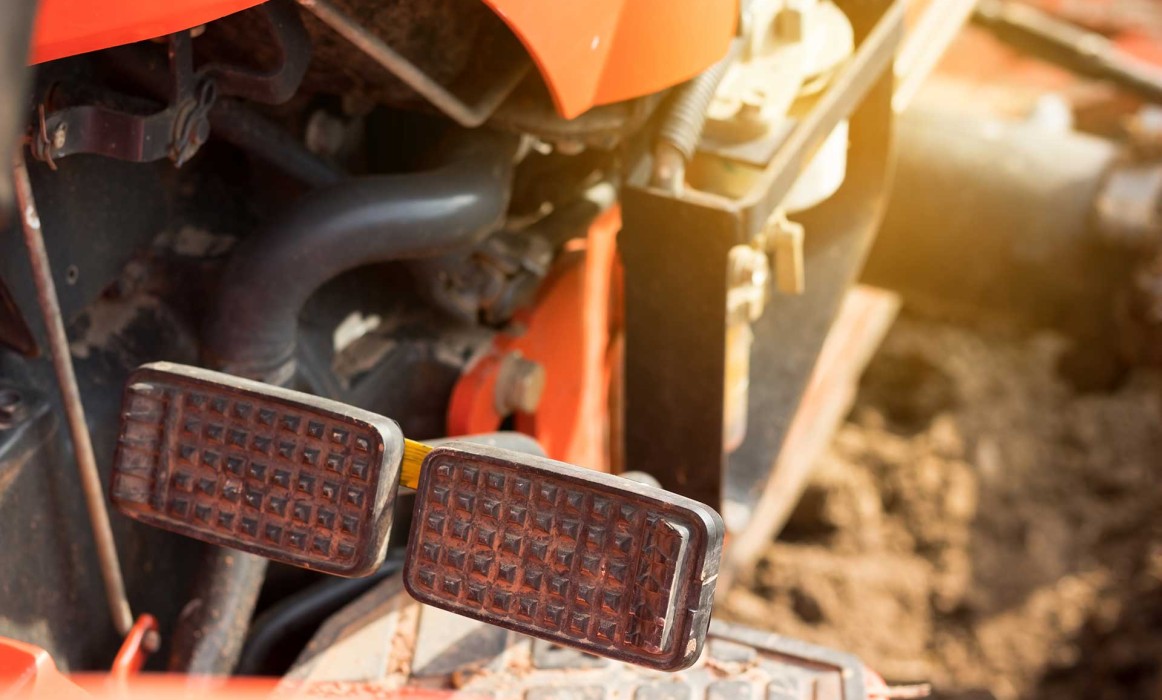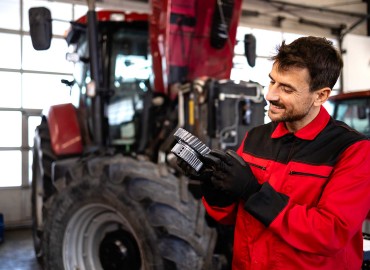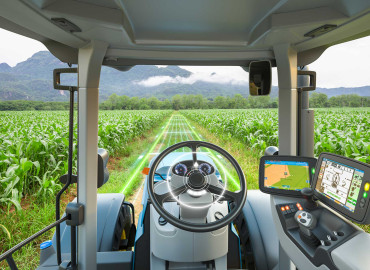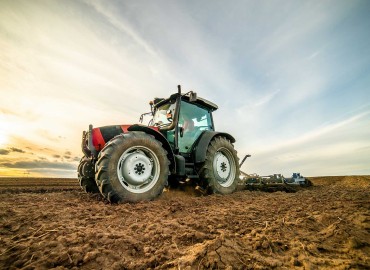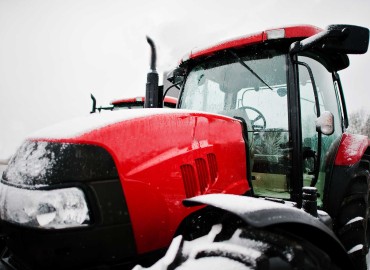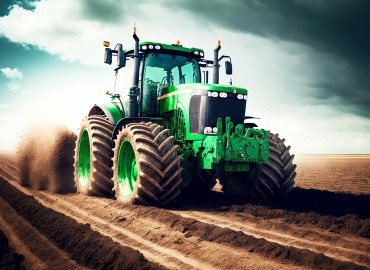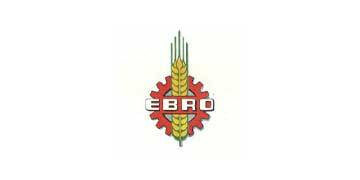The agricultural sector enhances efficiency through robust and reliable brake systems, which are essential components of modern tractors. Tractors often encounter challenging conditions while performing various tasks on agricultural fields, emphasizing the critical importance of safe stopping. Therefore, creating a safe environment for tractor brake systems is extremely crucial.
Basic Functions of Brake Systems
Tractor brake systems ensure operators can safely stop and control the vehicle. Their fundamental tasks include shortening stopping distances, enabling safe maneuvers, and effectively stopping equipment.
Types of Brake Systems
The various types of brake systems used in tractors include:
- Hydraulic and Mechanical Brake Systems: The two main types widely used in agricultural tractors are hydraulic and mechanical brake systems. Hydraulic brake systems apply braking force using pressurized fluid, while mechanical brake systems typically rely on brake shoes and discs. Both types can provide safe braking with proper maintenance and adjustments.
- Disc Brake and Drum Brake Options: Brake systems are generally categorized into two main types: disk brakes and drum brakes. Disk brakes are often more effective and durable but may require more maintenance. Drum brakes, on the other hand, are typically longer-lasting but may be less effective. The choice of brake system depends on the tractor's usage, load capacity, and operating conditions.
Considerations for Brake System Safety
Key considerations for ensuring the safety of tractor brake systems include:
Maintenance of Brake Linings and Discs
Regular maintenance of brake linings and discs is critical for safe braking. Wear levels should be regularly checked, brake linings replaced as necessary, and disc smoothness ensured. These maintenance procedures ensure the tractor can continuously and safely stop.
Emergency Brake Systems
Emergency brake systems provide the capability to rapidly stop the tractor in unexpected situations. These systems typically involve an independent hydraulic system or additional braking power to swiftly bring the tractor to a stop.
ABS and Electronic Brake Control Systems
Advanced models may feature ABS (Anti-lock Braking System) and electronic brake control systems to enhance braking performance and minimize skidding risks. These systems provide operators with increased control and safety.
High-Capacity Brake Systems
High-capacity tractor brake systems are crucial for vehicles carrying heavy loads. These systems are designed to control and safely stop heavy equipment.
Brake System Cooling
Brake systems on tractors carrying heavy loads may experience performance loss when overheated. Therefore, cooling measures for brake systems should be implemented. Cooling fans or special designs prevent brake systems from overheating, ensuring long-lasting performance.
Automatic Braking and Brake Assistance
Advanced tractor models may include automatic braking and brake assistance features. These allow the tractor to automatically apply brakes under various conditions, providing support to the operator, reducing errors, and enhancing safety.
Brake System Safety Standards
Tractor brake systems must comply with national and international safety standards. These standards determine the effectiveness of brake systems under specific conditions. Compliance with safety standards is essential for ensuring operator and environmental safety.
Regular Inspections and Testing
Brake systems should be regularly inspected and tested. Operators should check brake systems before each use and conduct comprehensive brake checks at regular intervals. This helps identify potential issues early and take preventive measures.
Brake Systems and Training
Providing operators with training on proper brake use contributes to the safe operation of tractors. Operators should receive information on how brake systems work, how they respond in emergencies, and how to perform maintenance.
 en
en  tr
tr 
